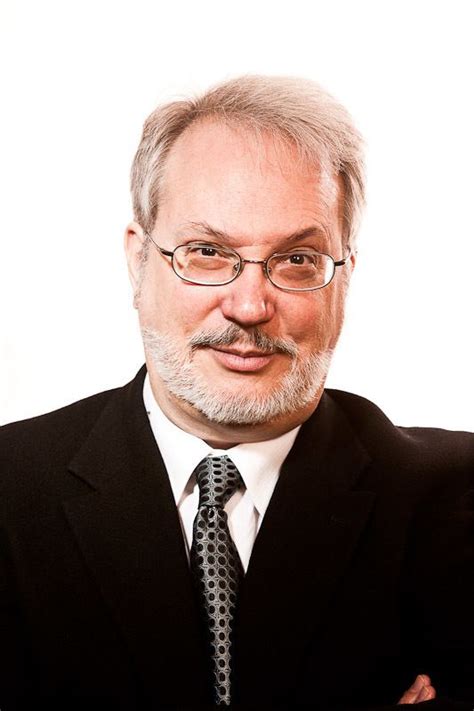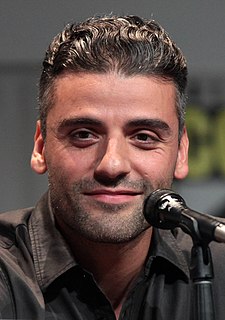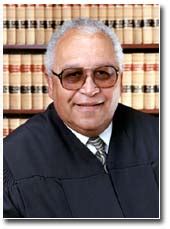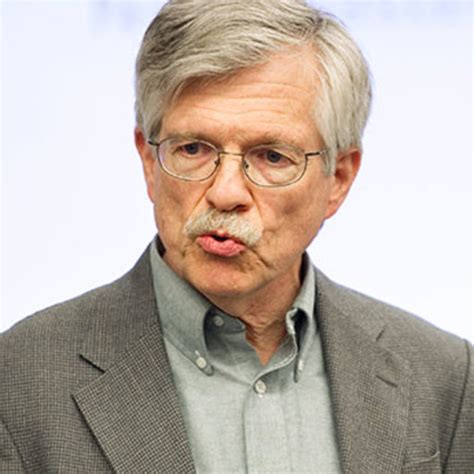A Quote by Roy Moore
To restore morality we must first recognize the source from which all morality springs. From our earliest history in 1776 when we were declared to be the United States of America, our forefathers recognized the sovereignty of God.
Related Quotes
We believe in honesty, morality, and purity; but when they enact tyrannical laws, forbidding us the free exercise of our religion, we cannot submit. God is greater than the United States, and when the Government conflicts with heaven, we will be ranged under the banner of heaven and against the Government...Polygamy is a divine institution. It has been banded down direct from God. The United States cannot abolish it. No nation on the earth can prevent it, nor all the nations of the earth combined...I defy the United States; I will obey God.
Zarathustra was the first to consider the fight of good and evil the very wheel in the machinery of things: the transposition of morality into the metaphysical realm, as a force, cause, and end in itself, is his work. [...] Zarathustra created this most calamitous error, morality; consequently, he must also be the first to recognize it.
The whole meaning of morality is a rule that we ought to obey whether we like it or not. If so, then the idea of creating a morality we like better is incoherent. Moreover, it would seem that until we had created our new morality, we would have no standard by which to criticize God. Since we have not yet created one, the standard by which we judge Him must be the very standard that He gave us. If it is good enough to judge Him by, then why do we need a new one?
The founders of this nation understood that private morality is the fount from whence sound public policy springs. Replying to Washington's first inaugural address, the Senate stated: "We feel, sir, the force and acknowledge the justness of the observation that the foundation of our national policy should be lain in private morality. If individuals be not influenced by moral principles it is in vain to look for public virtue."
Part of the problem with extreme patriotism is that it makes the support of one's country and its policies unconditional. Moderate patriots, on the other hand, see that taking morality seriously requires that our commitment to our country be conditional in two ways. First, the actions or policies of a government must be worthy of support or, at least, must not be serious violations of morality. When nations behave immorally, patriots need not support them.
My chief aim was to combat the view that there can be no true morality without supernatural sanctions. So I argued at length that the social, or altruistic, impulses are the real source of morality, and that an ethic based on these impulses has far more claim on our allegiance than an ethic based on obedience to the commands of a God who created tapeworms and cancer-cells.

































